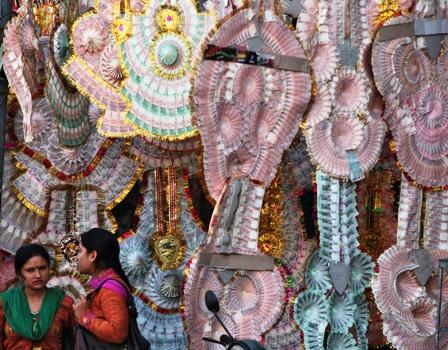
The rupee continued its free fall against the dollar on Wednesday, tracking the euro which fell close to a one-year low in overnight trade.
And, there is no respite in sight, as experts say the rupee's weakness is accentuating in the absence of clear signals from the government and the central bank on safeguarding the currency.
In a poll conducted by Business Standard, a majority of respondents said the rupee would fall further at least till March, taking cues from global economic conditions and strong demand for dollar in the country.
. . .
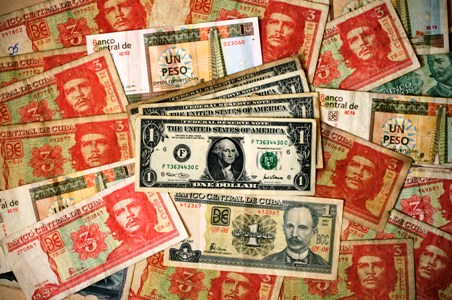
The recent slump of the rupee, Asia's worst performing currency this year, has increased calls for strong action from the authorities.
But, the Reserve Bank of India has maintained it would intervene in the currency market only to manage volatility.
After it hit an all-time low of 53.88 in morning trade on Wednesday, the rupee managed to close at 53.71 to the dollar, falling 49 paise, or 0.92 per cent.
The Indian currency has now depreciated 18 per cent from its year's high in July.
India Inc in despair
Terming it a shocker, Sterlite Finance Director Tarun Jain said the average tenure of foreign currency loans was typically five years.
"Even if you amortise this 20 per cent fall in the rupee over the life of the loan, it's four per cent per annum.
. . .
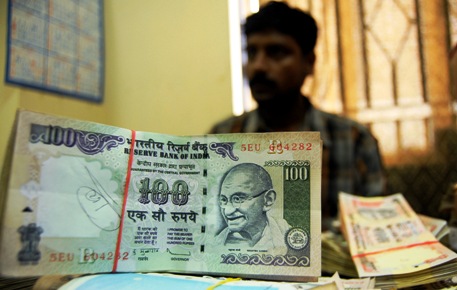
"On top of that, if you cover in forwards by paying six-seven per cent premium per year and then have the average borrowing cost of five-six per cent, then the borrowing cost is in the range of 15-16 per cent. How can big infrastructure projects come up?"
L&T chief financial officer
R Shankar Raman said companies needed to build their strategy keeping in mind the extraordinary situation and their own risk appetite.
"If you have long-term liabilities beyond six months, then even if you have to pay a premium, it's better to stay covered," he said.
Raman said staying protected was a much safer bet as there was little chance of the rupee coming back to the 44 levels any time soon.
"The dollar, too, is the preferred currency. I will definitely stay away from the exotic cocktails of currencies," he added.
. . .
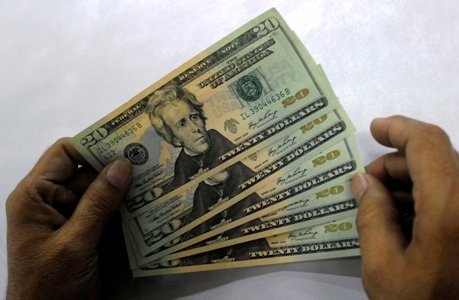
Adani Power CFO Prabal Banerjee said it would be risky and counterproductive to adopt a 100 per cent hedging strategy for any foreign currency liability as many had burnt their fingers in the past.
Moody's Investors Service, however, said the rupee's slump was having a moderate impact on Indian companies.
The severity of the weakening rupee on Indian companies ranged from 'high, but potentially recoverable' for oil refiners such as Indian Oil Corporation to 'low' for regulated utilities and export-oriented companies, Moody's said.
The rupee's fall would raise the debt-servicing costs of Indian companies with overseas debt, but the risks were manageable in the near term as most of their foreign currency bonds weren't due until 2014, it added.
. . .
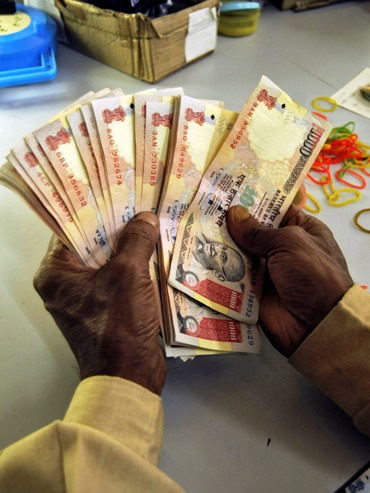
Outlook grim
Moses Hardings, head of global research, IndusInd Bank, said the bank had fine-tuned its rupee range from Rs 51-56 to Rs 53-56 a dollar, as 'we do not see any improvement in the euro zone crisis in the near future.
It is a long-term issue.
'Also, weak equity market and domestic fundamentals have not allowed the RBI to reverse the downward trajectory of the rupee'.
A high current account deficit is also a major factor adding to the downward movement of the rupee.
. . .
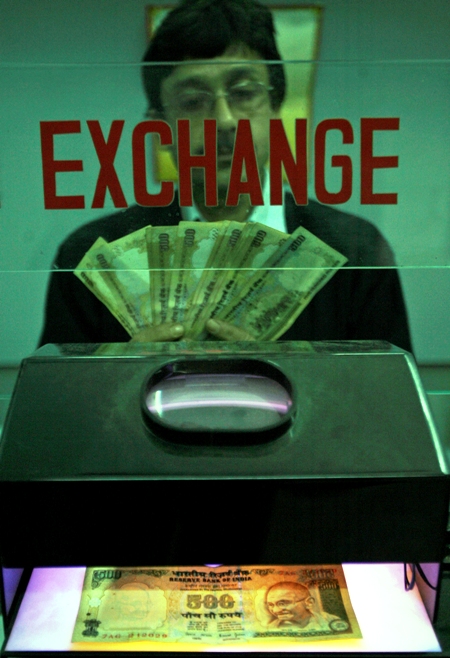
"With risk aversion on account of the euro zone crisis along with India's current account deficit, the rupee may continue to remain under pressure," said Shubhada Rao, chief economist, YES Bank.
Foreign exchange advisors also said a lot of external debt would come due for repayment next year.
"The rupee may fall to 54 a dollar in March 2012 due to demand for dollars in February-May next year as huge import and debt payments, which cannot be rolled over, will have to be made.
"Also, the FCCBs due for redemption during the period will have to be taken care of, as equities are in the red," said Abhishek Goenka, chief executive officer, India Forex Advisors.
. . .
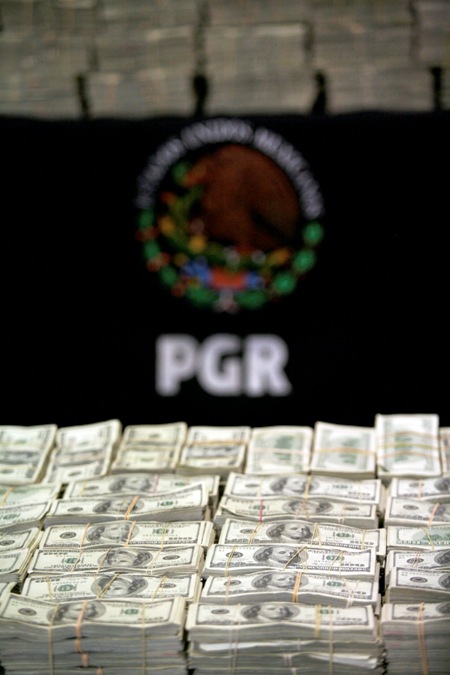
Experts said with inflation coming off slowly, the RBI was unlikely to cut rates till March, which would lead to a situation of high inflation and high interest rates, further increasing the negative sentiment in the market.
"From the Real Effective Exchange Rate perspective, the rupee may not be overvalued any more, but I do not think this will act as a resistance.
"The rupee is under a speculative attack due to its established unidirectional movement in response to negative global news," said Rupa Rege Nitsure, chief economist, Bank of Baroda.
. . .
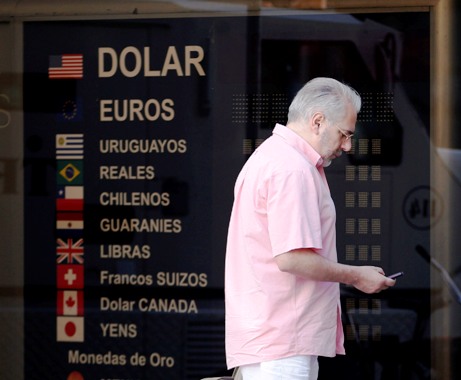
Most of the analysts polled said the RBI's stance towards intervention in the foreign exchange market would remain unchanged.
"But, we do hope the RBI will take measures to improve dollar supplies.
"These measures can include raising the interest rates on NRE deposits and routing oil payments directly from foreign exchange reserves rather than through the market, disincentivising exporters who maintain their receivables in dollars on expectations the rupee will fall further," Rao of YES Bank said.
Some expect the RBI would opt for a pause in the rate hike cycle.
"The RBI may just put a pause on further rate hikes," said Hemal Doshi, currency strategist, Geojit Comtrade.